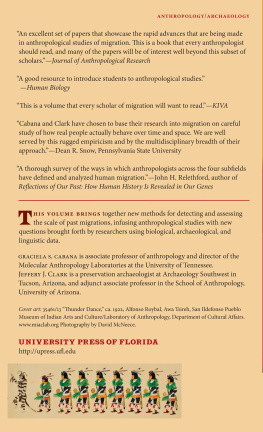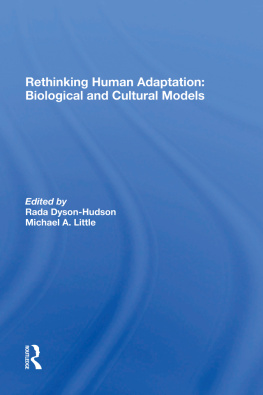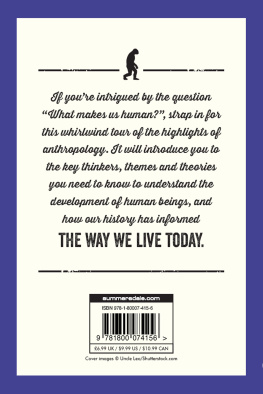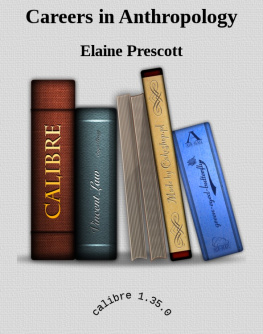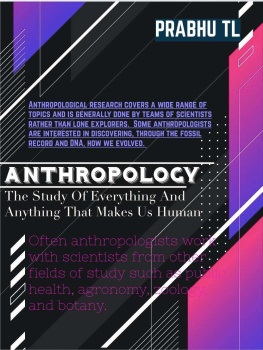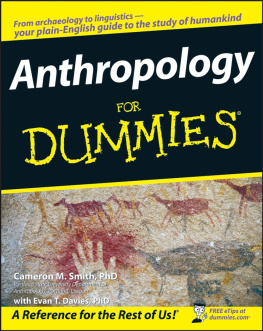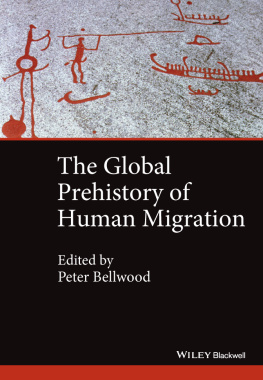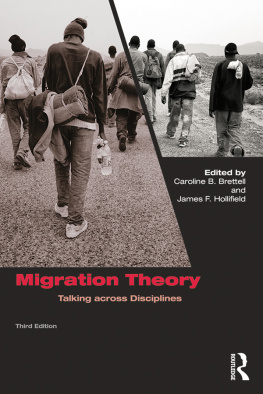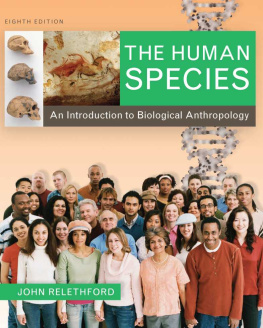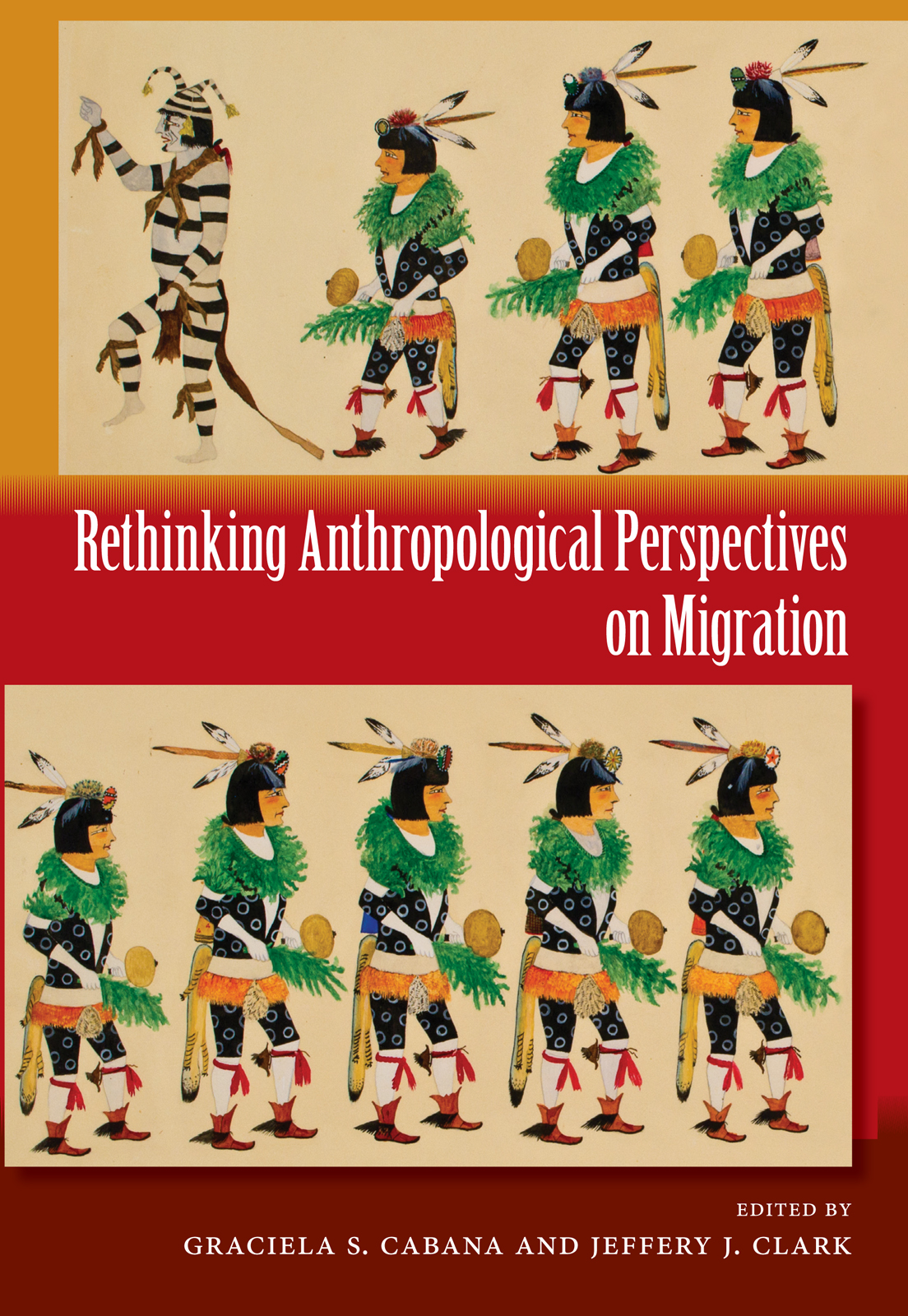Graciela S. Cabana - Rethinking Anthropological Perspectives on Migration
Here you can read online Graciela S. Cabana - Rethinking Anthropological Perspectives on Migration full text of the book (entire story) in english for free. Download pdf and epub, get meaning, cover and reviews about this ebook. City: Gainesville, year: 2011, publisher: University Press of Florida, genre: Politics. Description of the work, (preface) as well as reviews are available. Best literature library LitArk.com created for fans of good reading and offers a wide selection of genres:
Romance novel
Science fiction
Adventure
Detective
Science
History
Home and family
Prose
Art
Politics
Computer
Non-fiction
Religion
Business
Children
Humor
Choose a favorite category and find really read worthwhile books. Enjoy immersion in the world of imagination, feel the emotions of the characters or learn something new for yourself, make an fascinating discovery.
- Book:Rethinking Anthropological Perspectives on Migration
- Author:
- Publisher:University Press of Florida
- Genre:
- Year:2011
- City:Gainesville
- Rating:4 / 5
- Favourites:Add to favourites
- Your mark:
Rethinking Anthropological Perspectives on Migration: summary, description and annotation
We offer to read an annotation, description, summary or preface (depends on what the author of the book "Rethinking Anthropological Perspectives on Migration" wrote himself). If you haven't found the necessary information about the book — write in the comments, we will try to find it.
Cabana and Clark have chosen to base their research into migration on careful study of how real people actually behave over time and space. We are well served by this rugged empiricism and by the multidisciplinary breadth of their approach.Dean R. Snow, Pennsylvania State University
A thorough survey of the ways in which anthropologists across the four subfields have defined and analyzed human migration.John H. Relethford, author of Reflections of Our Past: How Human History Is Revealed in Our Genes<
All too often, anthropologists study specific facets of human migration without guidance from the other subdisciplines (archaeology, biological anthropology, cultural anthropology, and linguistics) that can provide new insights on the topic. The equivocal results of these narrow studies often make the discussion of impact and consequences speculative.
In the last decade, however, anthropologists working independently in the four subdisciplines have developed powerful methodologies to detect and assess the scale of past migrations. Yet these advances are known only to a few specialized researchers.
Rethinking Anthropological Perspectives on Migrationbrings together these new methods in one volume and addresses innovative approaches to migration research that emerge from the collective effort of scholars from different intellectual backgrounds. Its contributors present a comprehensive anthropological exploration of the many topics related to human migration throughout the world, ranging from theoretical treatments to specific case studies derived primarily from the Americas prior to European contact.
Contributors: | Christopher S. Beekman | Wesley R. Bernardini | Deborah A. Bolnick | Graciela S. Cabana | Alexander F. Christensen | Jeffery J. Clark | J. Andrew Darling | Christopher Ehret | Alan G. Fix | Catherine S. Fowler | Severin M. Fowles | Susan R. Frankenberg | Jane H. Hill | Keith L. Hunley | Kelly J. Knudson | Lyle W. Konigsberg | Scott G. Ortman | Takeyuki (Gaku) TsudaGraciela S. Cabana: author's other books
Who wrote Rethinking Anthropological Perspectives on Migration? Find out the surname, the name of the author of the book and a list of all author's works by series.

